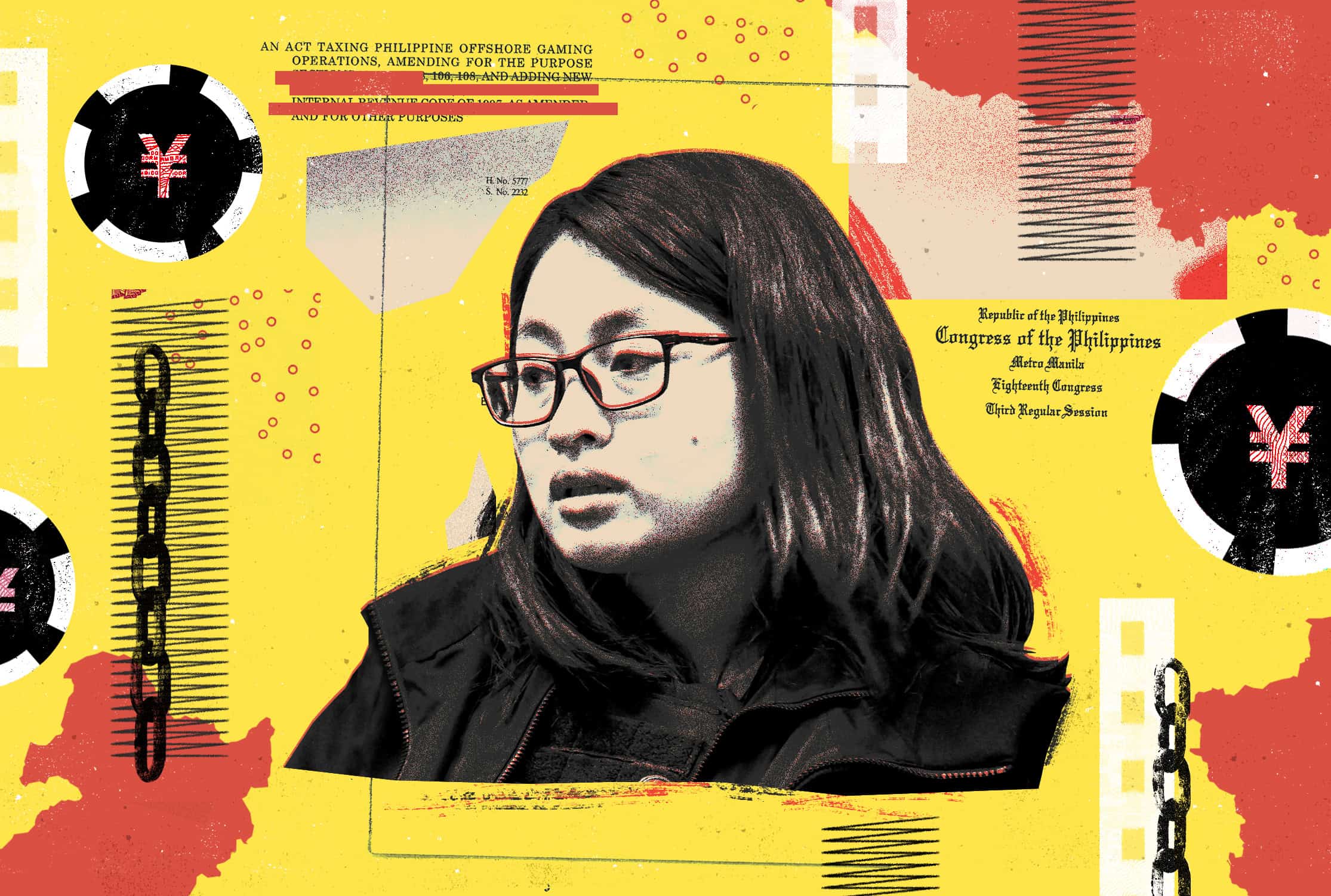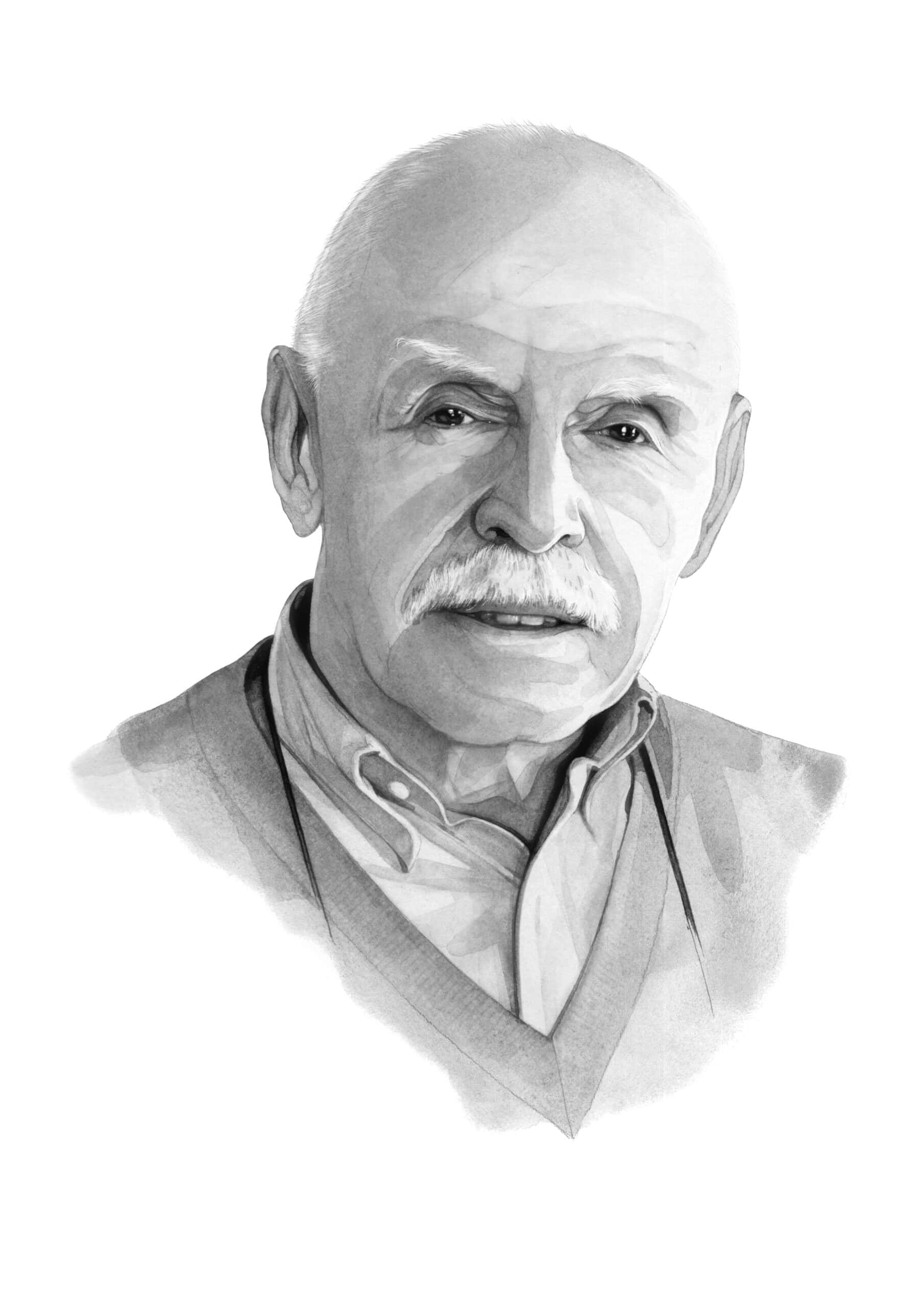Good evening. Just when you thought last week’s cover story about Elliott Broidy and Jho Low couldn’t get any stranger, this week’s follow-up from David Barboza introduces how Steve Wynn, the casino magnate, also got involved in lobbying the Trump administration to extradite Guo Wengui. The story is convoluted and, at times, a bit wacky, but in recreating just how extensive (and expensive) this effort was, Barboza’s series looks to highlight where the U.S. is vulnerable to foreign influence campaigns — especially those involving business tycoons with interests in China. Elsewhere, we have an interview with Andrew Erickson about China’s maritime capabilities and strategy; a look at the Sino-Russian entente; a roundup of the best new China books; and infographics about China’s foray into European soccer. If you’re not already a paid subscriber to The Wire, please sign up here.
Want this emailed directly to your inbox? Sign up to receive our free newsletter.
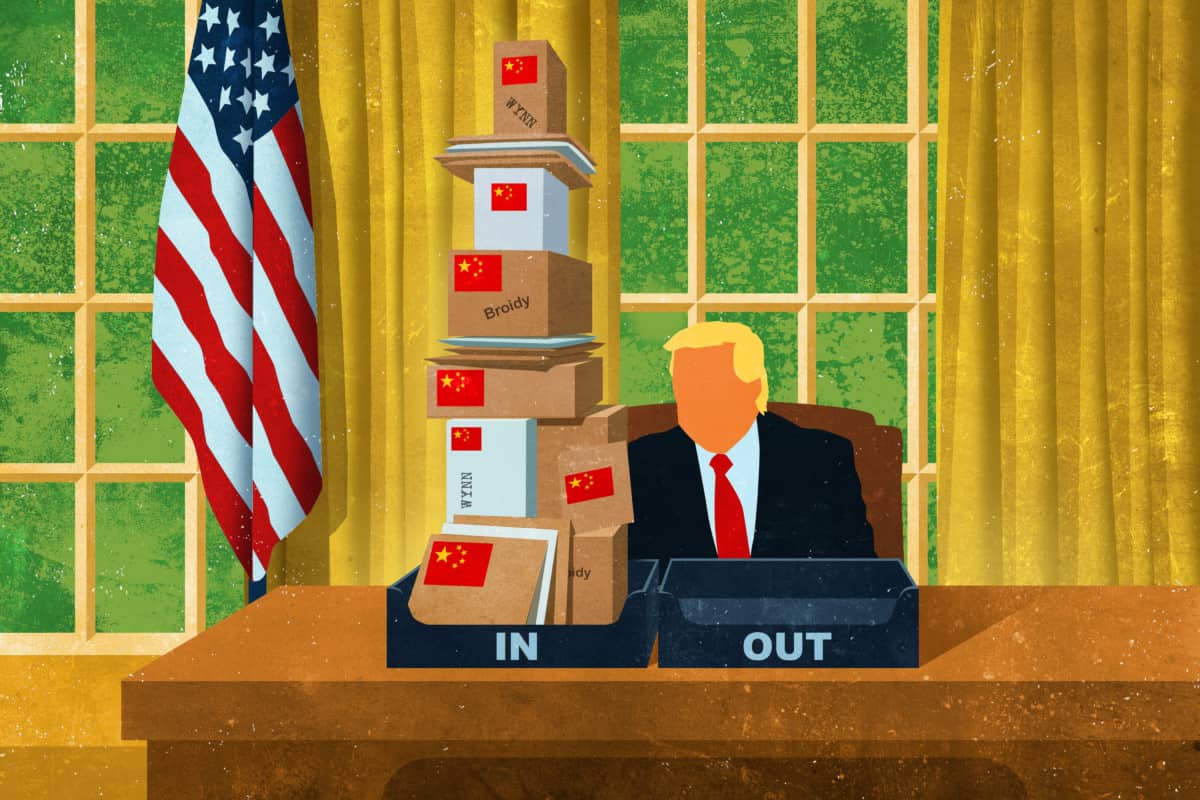
Peddling the President
In the second and final part of this series, The Wire’s David Barboza recreates how Elliott Broidy, a businessman and Republican fundraiser, tried to lobby the Trump administration on behalf of Beijing to extradite Guo Wengui, a Chinese exile. The scheme — which even involved Steve Wynn, the casino magnate — came uncomfortably close to succeeding. The fact that Broidy got as far as he did, experts say, exposes the gaps in the system.
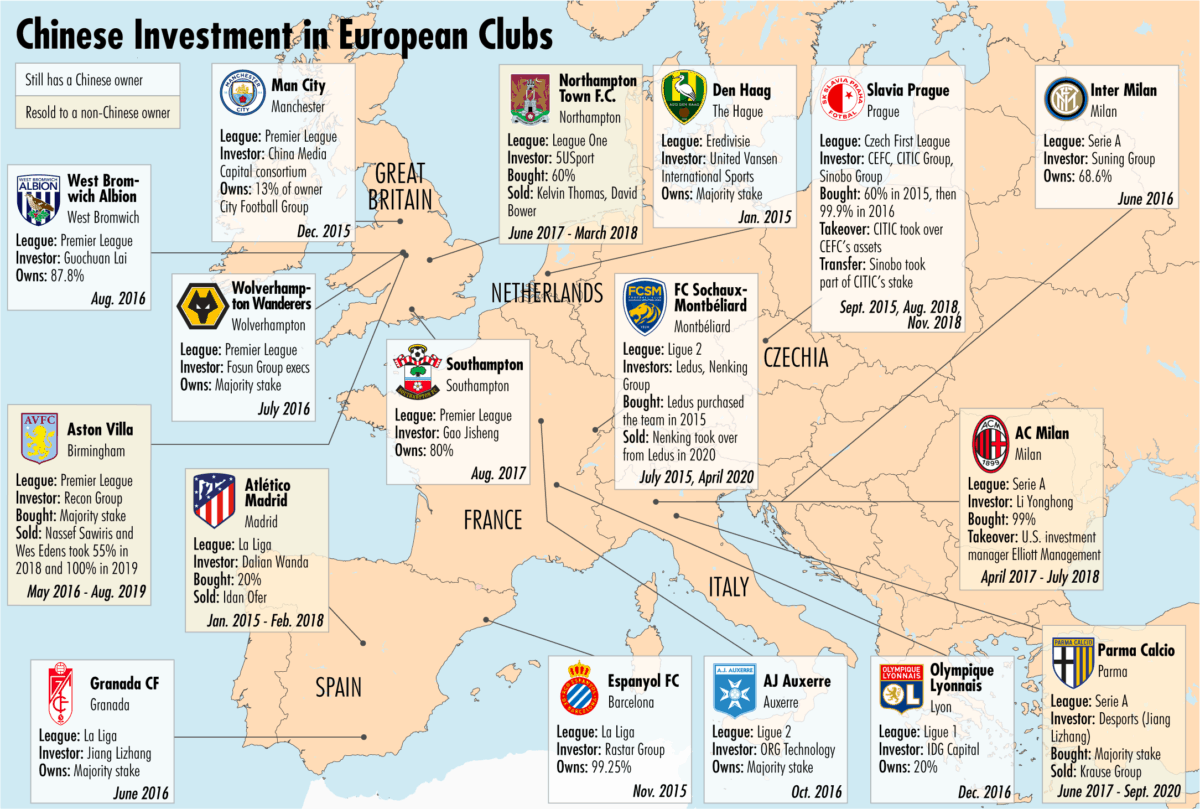
The Big Picture: China’s Future with European Soccer
Soccer is a key area where Xi Jinping, a massive soccer fan himself, wants to lead. Over the past few years, there was a surge of Chinese investment into European teams: the Chinese Super League paid hefty transfer fees to bring over successful foreign players; wealthy Chinese companies and individuals bought stakes in renowned European clubs; and sponsorship money started to trickle in. But recently, China’s tactics have changed and the Chinese well appears to be drying up for European teams. This week, The Wire’s infographics look at the role of Chinese money in international soccer, zooming in on specific players and clubs along the way.
A Q&A With Andrew Erickson

Andrew Erickson is a Professor of Strategy at the U.S. Naval War College’s China Maritime Studies Institute and an expert on China’s military. His recent work has focused on China’s “maritime gray zone operations” and how the U.S. should approach the next few years, which he terms “the decade of greatest danger.” In this week’s interview with Eyck Freymann, he talks about why the Biden administration needs to accept some friction and when he thinks calmer seas will arrive.
Andrew Erickson
Illustration by Lauren Crow
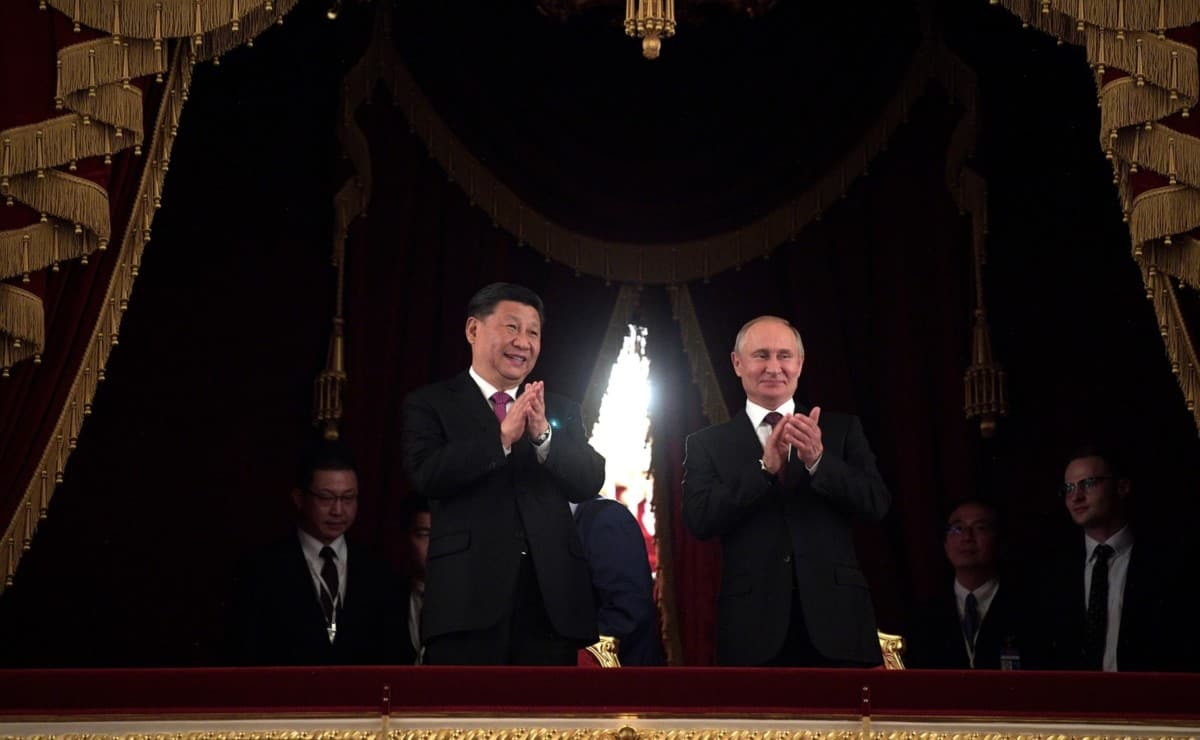
Credit: The Kremlin Presidential Press and Information Office, Creative Commons
Assessing the Sino-Russian Entente
Observers have used a wide array of phrases to characterize the strong relationship between Beijing and Moscow, among them “Faustian bargain,” “opportunistic mésalliance,” and “morganatic marriage.” The two authoritarian powers have long been anchored in their opposition to Western — and especially U.S. — influence and have found common cause in contesting a postwar order that, they believe, is too centered around the role of alliances, the promotion of democracy, and the reach of the U.S. dollar. But while their entente that can cause significant headaches for the United States, Eurasia Group’s Ali Wyne argues in this week’s op-ed that there are limits to both the ideological appeal and geopolitical potential of their partnership.
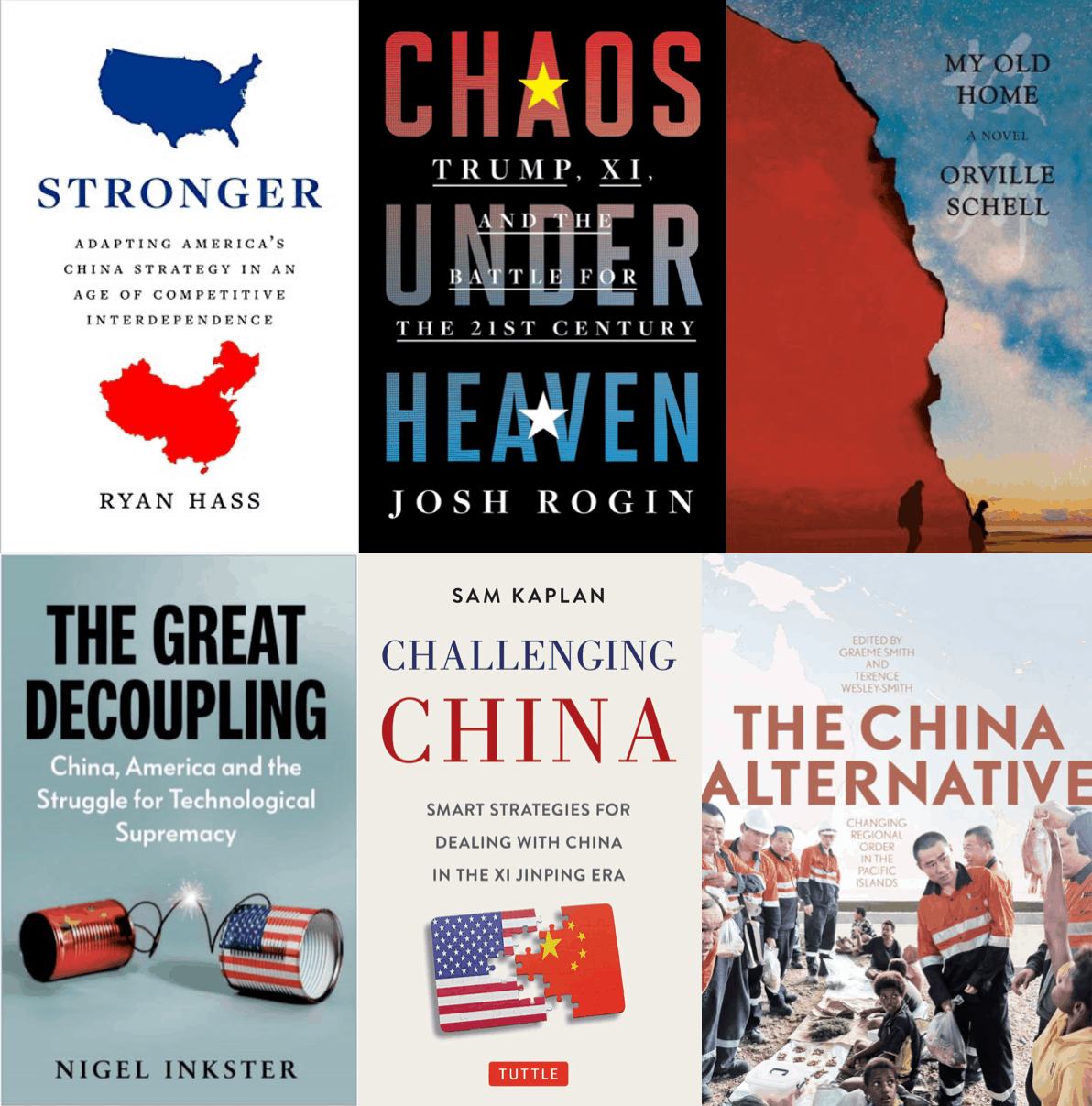
Books for a Modern Rivalry
Along with the new U.S.-China great power competition — and “ten-foot-tall syndrome” accompanying U.S. fears of China — have come a glut of books that address the rivalry head on, often with accompanying advice for how the U.S. can achieve victory. Some of those books follow a tired “Cold War II” model and offer little new. But others, such as book columnist Alec Ash’s top pick this month, bring a fresh outlook to a power struggle that is partly reminiscent of the Soviet era yet unique in its modern challenges.
Subscribe today for unlimited access, starting at only $19 a month.

